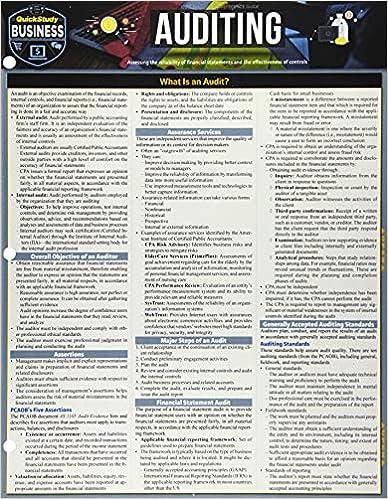Question
IGLESIA CRISTIANA LA CASA DEL SENOR, INC., ETC. v. L.M. COURT OF APPEAL OF FLORIDA, THIRD DISTRICT L.M. sued Ali Pacheco; the former pastor of
IGLESIA CRISTIANA LA CASA DEL SENOR, INC., ETC. v. L.M. COURT OF APPEAL OF FLORIDA, THIRD DISTRICT L.M. sued Ali Pacheco; the former pastor of Iglesia Cristiana La Casa Del Senor, Inc. (the Church), as well as the Church, alleging Pacheco had sexually assaulted her in July 1991 when she was a minor. The allegation of sexual assault formed the basis of L.M.s claims against the Church based on respondent superior. When the criminal act occurred, L.M. was sixteen years old. Before the criminal act took place, Pacheco visited L.M.s residence twice when L.M. had been left home alone. On another occasion, Pacheco visited L.M. at her school. L.M. told her mother about Pachecos visit, but did not advise anyone from the Church. According to L.M., on July 8, 1991, Pacheco called her at work and invited her to lunch to discuss her parents marital problems. L.M. accepted, and Pacheco picked her up from work. L.M. noticed a sandwich and soft drink in the car. Pacheco drove to a Marriott Hotel. L.M. testified Pacheco led her to a room he had rented, and told her not to worry because she would finally be cured. He then proceeded to sexually assault her. Pacheco testified L.M. consented to having sex. According to him, their meeting was prearranged. They had discussed the matter and had in fact been to the Marriot Hotel the previous day intending to have sexual relations but had decided against it. Pacheco testified he knew what he was doing was wrong but explained it was a great temptation in his life. The jury returned a verdict in L.M.s favor, finding the Church liable for Pachecos criminal act on the grounds of respondeat superior. The Church appealed. PER CURIAM: Under the doctrine of respondeat superior, an employer cannot be held liable for the tortious or criminal acts of an employee, unless the acts were committed during the course of the employment and to further a purpose or interest, however excessive or misguided, of the employer. An employees conduct is within the scope of his employment, where (1) the conduct is of the kind he was employed to perform, (2) the conduct occurs substantially within the time and space limits authorized or required by the work to be performed, and (3) the conduct is activated at least in part by a purpose to serve the master. An exception may exist where the tort-feasor was assisted in accomplishing the tort by virtue of the employer/employee relationship. In this case, the sexual assault did not occur on Church property, and the record does not support a finding Pachecos criminal act against L.M. constituted the kind of conduct he was employed to perform, or he was in any way motivated by his desire to serve the Church. On the contrary, the record establishes Pachecos purpose in arranging the meeting that day was to satisfy his personal interests, not to further the Churchs objectives. Regardless of the stated reason for the meeting between Pacheco and L.M., it is undisputed no counseling occurred on the day of the crime. While Pacheco may have had access to L.M. because of his position as the Church pastor, whom L.M. and her family had become friends with over time, he was not engaging in authorized acts or serving the interests of the Church during the time he tried to seduce her or on the day he raped her. The sexual assault was an independent, self-serving act by Pacheco; an act he knew was wrong to commit and the Church would surely have tried to prevent had it known of his plans. We agree with the Church that Pachecos sexual assault of L.M. did not occur within the scope of his employment. Accordingly, we find, as a matter of law, the Church cannot be held vicariously liable for Pachecos criminal act. Therefore, we reverse the trial courts final judgment and remand with instructions to enter judgment in favor of Appellant. REVERSED and REMANDED.
Explain the concepts of agency and respondeat superior. Assume that L.M.s account of the incident is true. Examine the exception to the scope of employment criteria mentioned by the judge. How could the plaintiff make an argument that Pachecos conduct was within the scope of his employment? You may have heard of similar cases in the news, where the employer of the offending party was held liable, such as cases involving a teacher and a student. On what basis should employers be held liable for the acts of their employees in these types of cases?
Step by Step Solution
There are 3 Steps involved in it
Step: 1

Get Instant Access to Expert-Tailored Solutions
See step-by-step solutions with expert insights and AI powered tools for academic success
Step: 2

Step: 3

Ace Your Homework with AI
Get the answers you need in no time with our AI-driven, step-by-step assistance
Get Started


